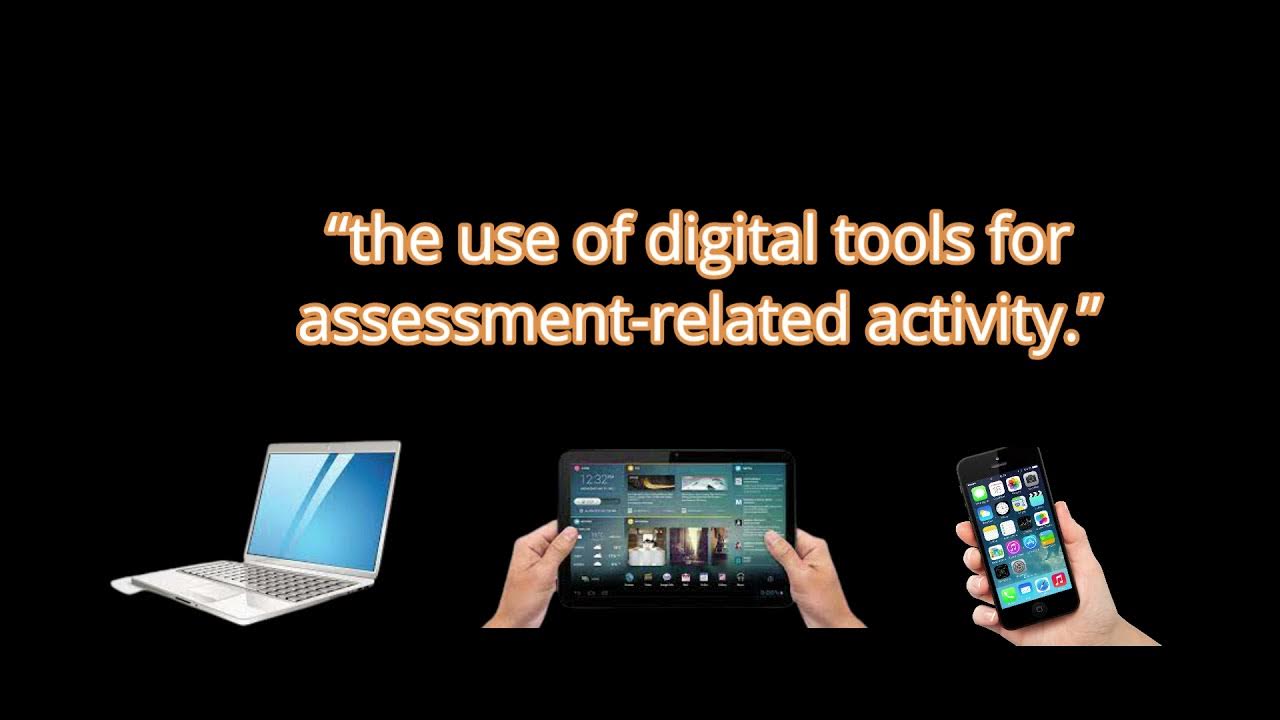LU 1 Memahami Murid - Format Asesmen
Summary
TLDRThe video script discusses the importance of assessment methods in education, contrasting traditional assessments like multiple-choice and essay tests with alternative formats. It emphasizes the limitations of traditional methods in measuring deep understanding and suggests using open-ended questions, role-playing, demonstrations, projects, and portfolios to accommodate a broader range of competencies. The script advocates for a balanced approach to assessment, combining both traditional and alternative methods to capture the full spectrum of student learning and competencies.
Takeaways
- 📚 The script discusses the importance of understanding different assessment formats in education.
- 👨🏫 It introduces the audience to the concept of traditional and alternative assessments, and their respective benefits and drawbacks.
- 🔍 Traditional assessments are common and include multiple-choice, true/false, short answer, and essay questions, but may not fully capture a student's learning competencies.
- 🔑 Alternative assessments offer a more comprehensive view of a student's abilities, including open-ended questions, role-playing, demonstrations, projects, and portfolios.
- 🤔 The script highlights the limitations of traditional assessments in evaluating deep understanding and the potential of alternative assessments to capture a wider range of competencies.
- 📝 Essay tests are suggested as a more effective way to assess a student's analytical and reflective abilities compared to multiple-choice or short answer questions.
- 📈 The use of rubrics is recommended for objective grading in both traditional and alternative assessments.
- 🎨 Portfolios are presented as a way to showcase a student's mastery of skills and expression on a subject, requiring reflection and could be assessed based on specific criteria.
- 💡 Projects are defined as a process to demonstrate a student's ability to apply knowledge in a concrete way, promoting contextual learning and problem-solving skills.
- 👥 Group or individual projects can be used to assess a student's progress, with the goal of making lessons more contextual and enhancing problem-solving abilities.
- 🌟 The script concludes by emphasizing the need for a balanced approach to assessment, combining both traditional and alternative methods to capture a student's full learning potential.
Q & A
What is the main topic discussed in the video script?
-The main topic discussed in the video script is the understanding of assessment formats in education, comparing traditional assessments with alternative assessments and their respective advantages and disadvantages.
How do students typically react to the idea of a test or review session?
-Students typically react with anxiety and worry, focusing more on memorizing rather than understanding the material when they hear about a test or review session.
What are the limitations of traditional assessments according to the script?
-Traditional assessments are limited in translating the achievement of competencies in student learning, often only measuring knowledge and not deeper understanding or application of the material.
What types of assessments are considered traditional in the script?
-Traditional assessments include multiple-choice tests, true or false questions, short answer questions, and essays.
How can multiple-choice and short answer questions be improved to measure deeper understanding?
-These types of questions can be improved by making them longer, more analytical, and requiring students to apply the taught material to different contexts.
What is an advantage of using essays as a form of assessment?
-Essays are advantageous because they allow for a more comprehensive evaluation of a student's ability to analyze, reflect on, and connect the material they have learned.
What are some alternative assessment tools mentioned in the script?
-Some alternative assessment tools mentioned include open-ended questions, role-playing, live demonstrations, experiments, projects, and portfolios.
How can a portfolio be used to assess a student's learning?
-A portfolio can be used by collecting a student's work that showcases their mastery of skills, tasks, and expression on a learned subject, allowing teachers to evaluate based on a rubric and specific criteria.
What is the purpose of project-based assessments in the script?
-The purpose of project-based assessments is to contextualize learning and sharpen students' problem-solving abilities by applying their knowledge to concrete tasks or activities.
How should teachers evaluate students using alternative assessments?
-Teachers should evaluate students using alternative assessments by considering multiple aspects of learning, not just knowledge and understanding, but also the application of knowledge, reflection, and other comprehensive aspects.
What is the final recommendation for teachers regarding the use of assessments?
-The final recommendation is for teachers to be prepared to create meaningful assessments for their students, combining both traditional and alternative assessment formats according to the needs of the assessment.
Outlines

This section is available to paid users only. Please upgrade to access this part.
Upgrade NowMindmap

This section is available to paid users only. Please upgrade to access this part.
Upgrade NowKeywords

This section is available to paid users only. Please upgrade to access this part.
Upgrade NowHighlights

This section is available to paid users only. Please upgrade to access this part.
Upgrade NowTranscripts

This section is available to paid users only. Please upgrade to access this part.
Upgrade Now5.0 / 5 (0 votes)





